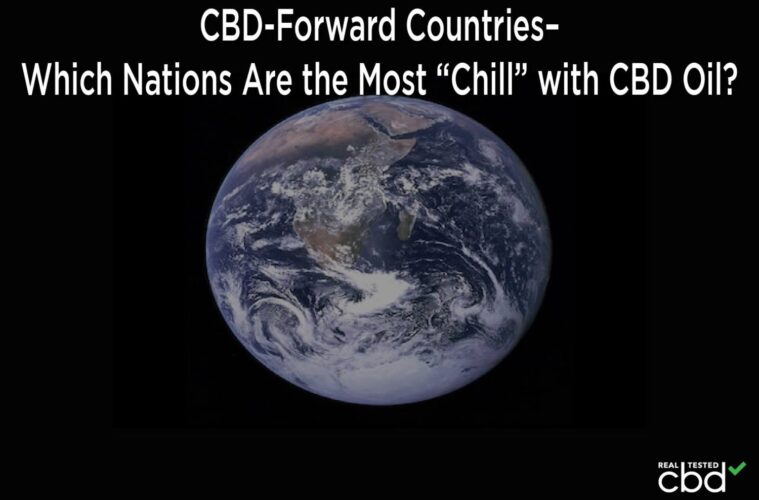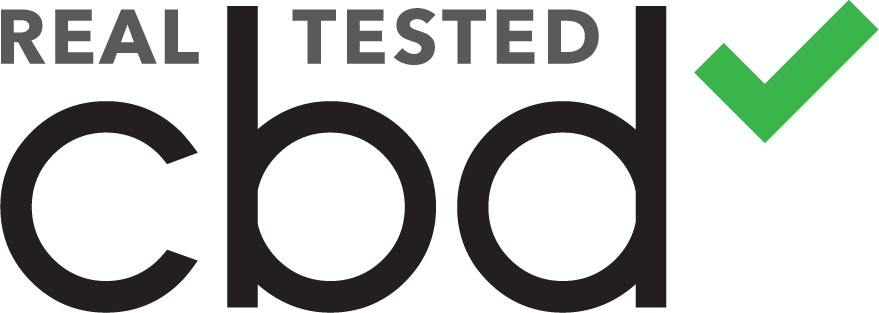To read the original article about Which Nations Are Most “Chill” with CBD Oil at Real Tested CBD.
Considering hemp has been a staple agricultural crop for centuries, it may seem odd that any country would ban this plant. However, due to the 20th-century’s cannabis restrictions, there are a lot of misconceptions about hemp’s relation to marijuana. Many countries still don’t treat CBD hemp any differently from THC-containing weed.
Even though hemp acceptance is spreading, customers shouldn’t assume CBD oil will be legal anywhere they travel. In fact, most places still enforce harsh penalties for hemp extracts. Travelers should always note which territories are the most “hemp tolerant.”
What Countries Have The Most Relaxed Hemp CBD Policies?
Currently, Canada and the USA are the best nations to buy and use legal CBD products. Canada has more relaxed policies than these two North American nations due to its recent cannabis legalization.
Although hemp isn’t the same as marijuana, it’s clear that Canadian lawmakers aren’t putting cannabis possession at the top of their priorities list. If Canadian police aren’t going after people for THC cannabis, it’s less likely they’ll have an issue with non-intoxicating CBD.
Although Canada may be the “best” place on earth for CBD fans, the USA also has clear pro-hemp policies on the books. The 2018 US Farm Bill fully legalized hemp-derived goods with ≤ 0.3 percent delta-9 THC.
Although a few states have put minor restrictions on CBD items, it’s legal to use, transport, and buy hemp CBD oilsin US jurisdictions. However, keep in mind that some local legislatures like Idaho only allow broad-spectrum or CBD isolate products (i.e., hemp extracts with 0 percent delta-9 THC).
Outside of North America, it isn’t easy to find many nations with explicitly pro-hemp laws. Honestly, aside from Uruguay, there aren’t any other nations that allow recreational cannabis use. However, a few other countries — especially in Western Europe — have begun to embrace CBD hemp items.
For instance, the European Union allows residents in member states to use CBD oils if they contain ≤ 0.2 percent delta-9 THC. Also, the UK has tacitly accepted the sale of hemp-derived CBD-rich products if they contain zero THC.
Unfortunately, the laws surrounding CBD oil are more likely to be restrictive the further you travel outside the Western world. Many nations in Asia, South America, Africa, and the Middle East don’t make a clear distinction between cannabis and hemp. Even if nations in these regions accept CBD oil, they will likely only allow products with zero delta-9 THC percentages.
If CBD consumers plan to travel a long distance, they need to double-check the CBD hemp policies in their target destination. While most people could “get away” with traveling in Canada and the US with CBD oil, the laws on this substance aren’t as clear in other nations. If you can’t find clear rules defining the sale and use of CBD in a foreign country, it’s best to leave your hemp extracts at home.
Always Read How Much THC Is In Your CBD! — The Significance Of COAs
Most often, nations that take issue with hemp extracts aren’t super concerned with CBD. More people know that CBD isn’t responsible for weed’s psychoactive properties, and plenty of tests reveal that CBD may have therapeutic potential for epilepsy patients.
The issue countries have with CBD hemp is that it can have traces of the psychoactive compound delta-9 THC. Since most centralized health agencies don’t screen CBD products for THC, governments are concerned with the quality of these items.
THC concentration is a big deal in the CBD industry, so customers must always request third-party lab tests when buying CBD oil. At this point, the only way you could determine whether your CBD tincture has below 0.3 percent THC is to read these unbiased results.
If you’re curious how to tell if your CBD brand’s Certificates of Analysis are legit, read through Real Tested CBD’s unbiased reviews.
Learn more about CBD Legality at Real Tested CBD!
Advertising disclosure: We may receive compensation for some of the links in our stories. Thank you for supporting Irvine Weekly and our advertisers.


